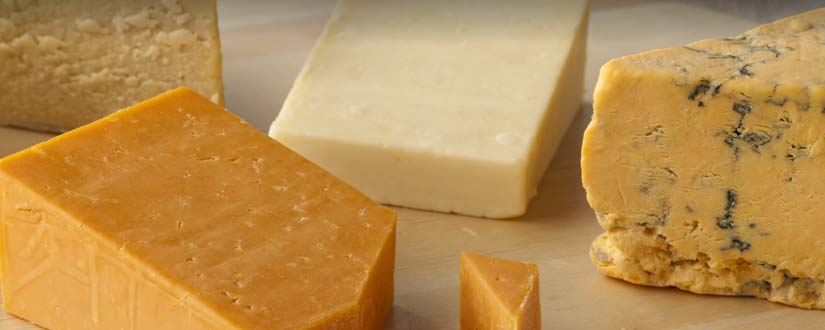The Action Group on Johne’s launched Phase II of the National Johne’s Management Plan (NJMP) at a successful conference in Worcestershire this week, to build on the foundations created by Phase I of the plan.
Lyndon Edwards, Chair of the Action Group on Johne’s said: “Today’s conference saw strong support from delegates across the whole UK dairy industry, including farmers, vets and purchasers. Bringing the dairy industry together to learn, collaborate and discuss the effective management and reduction of Johne’s in the national dairy herd is one of our key aims and the reaction from delegates today has been extremely positive.”
The Action Group launched Phase II of the NJMP during the afternoon session. Following a lengthy industrywide consultation, Phase II was developed around four key principles:
- Building on the farmer/vet relationship as key to taking the initiative forward. Johne’s is a complex and difficult disease and farmers need the support of vets to tackle it;
- Only vets fully trained in Johne’s will lead in the implementation of the initiative. Vets need the right level training and farmers need the confidence that vets have received it;
- External verification will be provided to demonstrate activity on farms;
- All parties, from farmers to vets and purchasers should have strong incentives to participate.
Consequently, the key component of Phase II will be a system of independent veterinary certification of control activities on farm. Milk purchasers members of the NJMP will require their associated farmers to obtain a signed declaration by a BCVA Johne’s Certified Veterinary Adviser annually over three years beginning 1st January 2017. The declaration states that the farmer has an appropriate and robust Johne’s management plan in place.
Mr Edwards added: “We believe this approach will deepen farmer and vet engagement, ensure that vets are properly trained and generate external verification of activity on farms.”
During the conference, delegates also received updates from farmer/vet teams with four farm case studies providing examples of successful implementation of the National Johne’s Management Plan control strategies. Additional presentations focused on training courses available to vets along with a series of interactive breakout sessions.
Mr Edwards concluded: “We are succeeding, we have every reason to carry on, we have a plan on how to do so and we look forward to the engagement and support of the industry.”
For more information about the Action Johne’s Initiative, visit www.actionjohnesuk.org.








